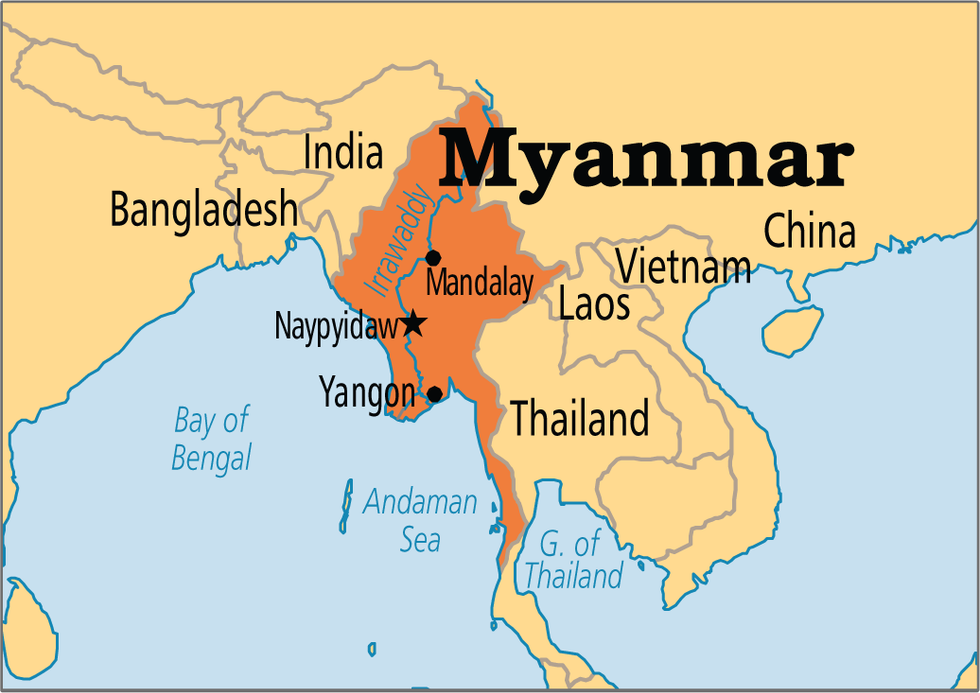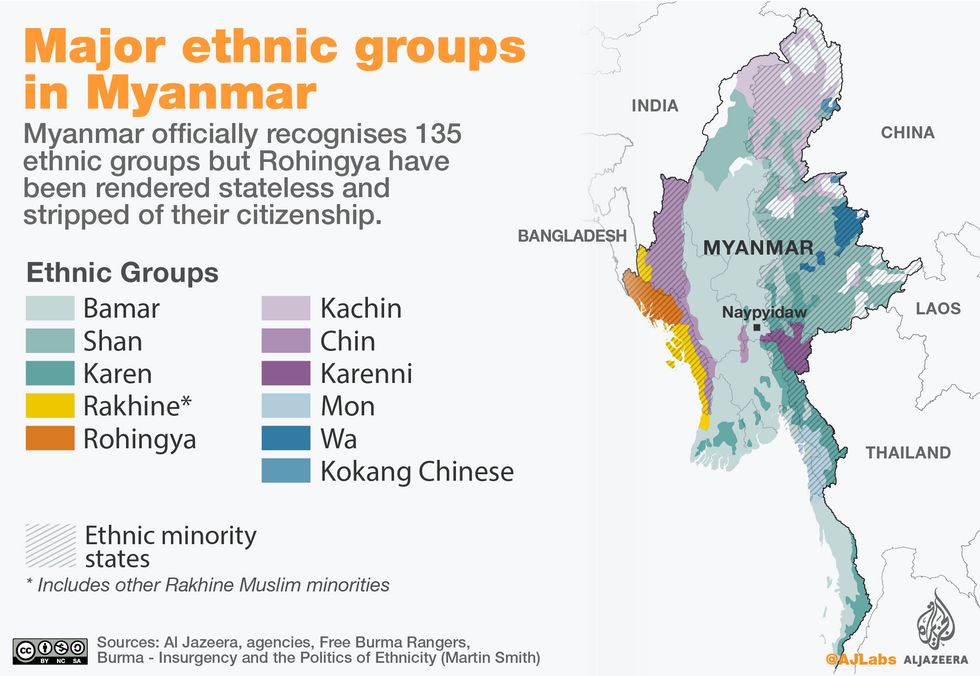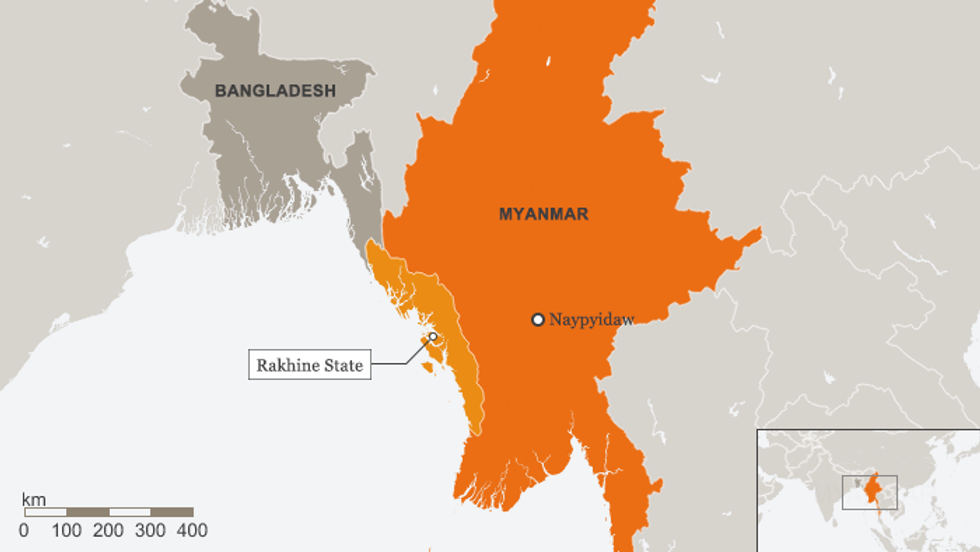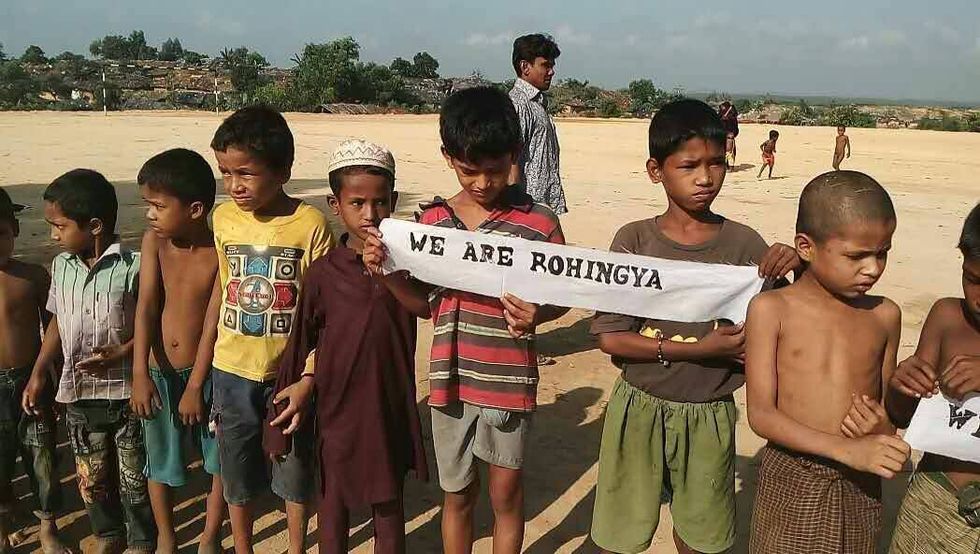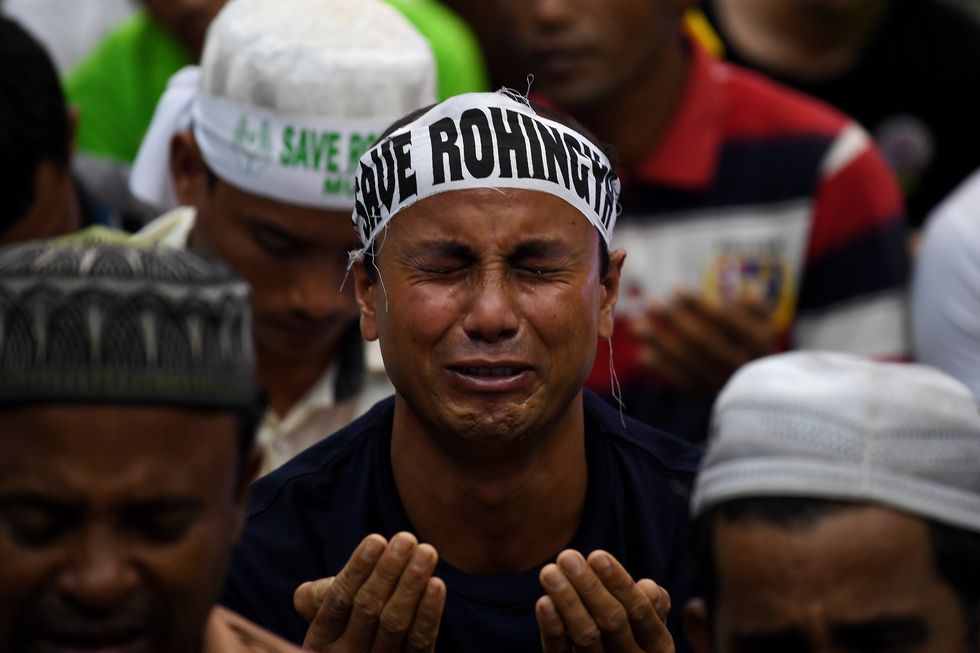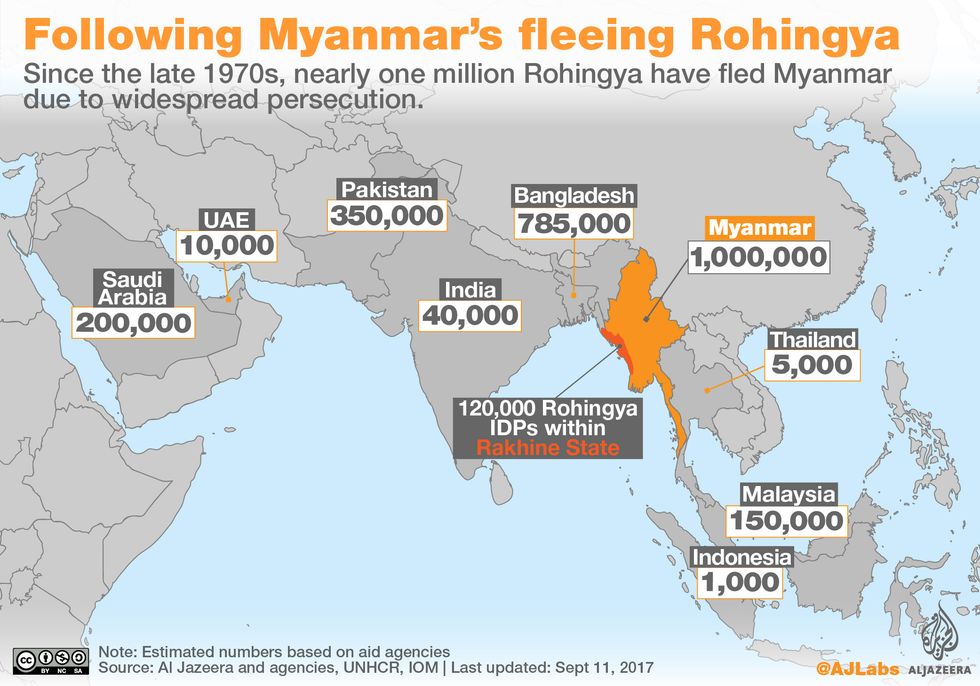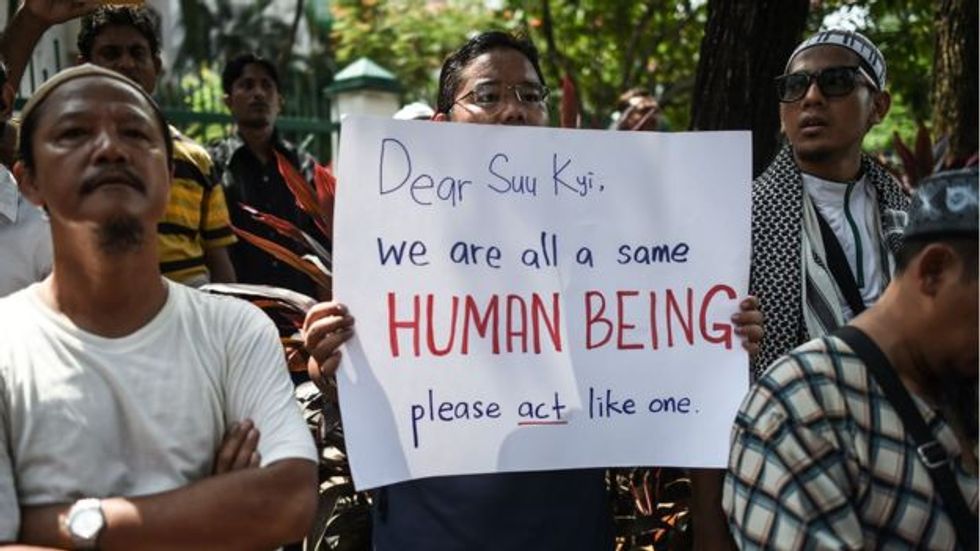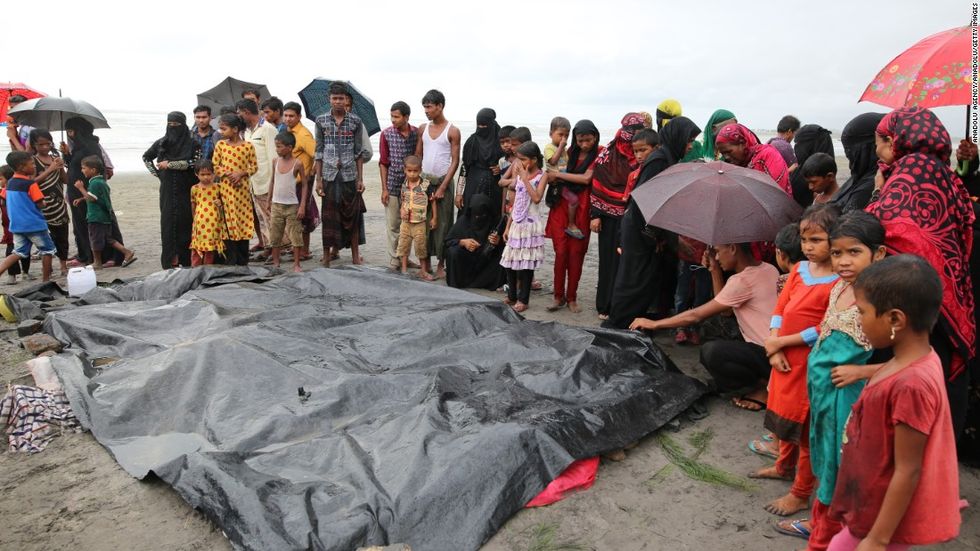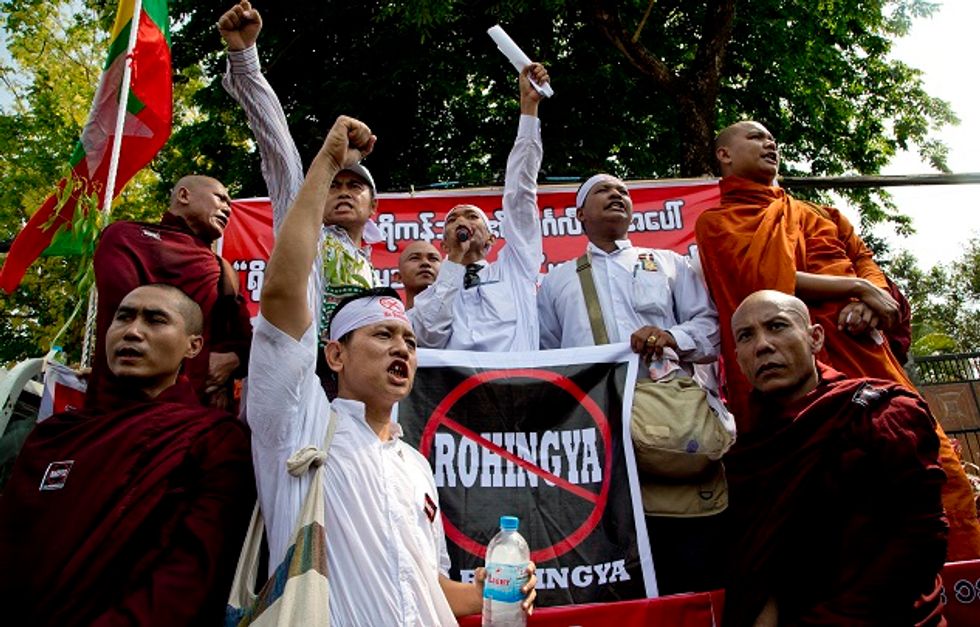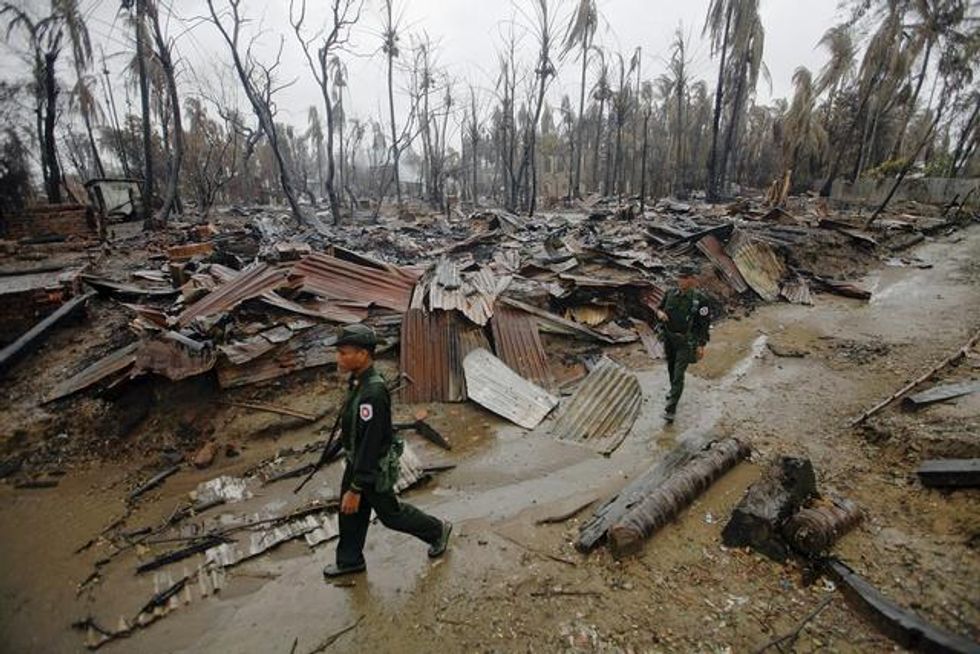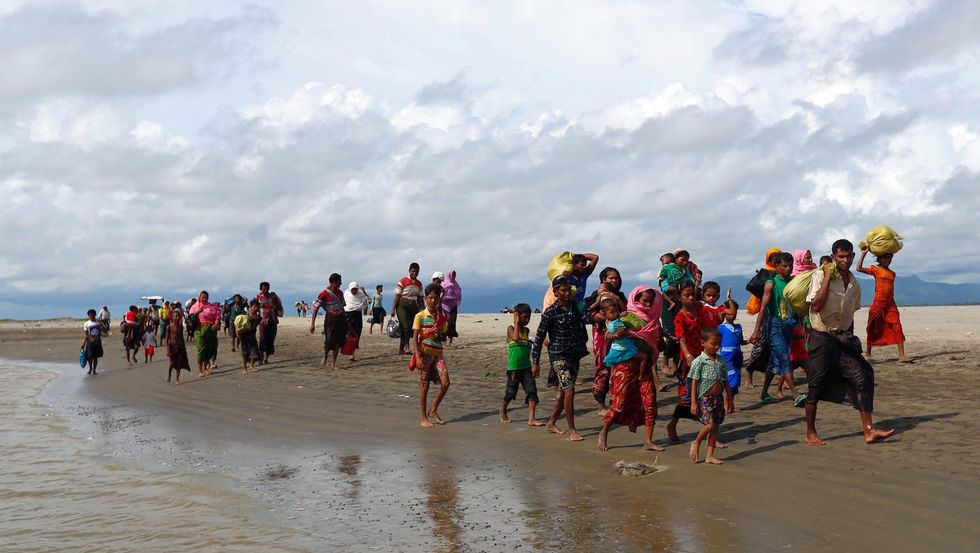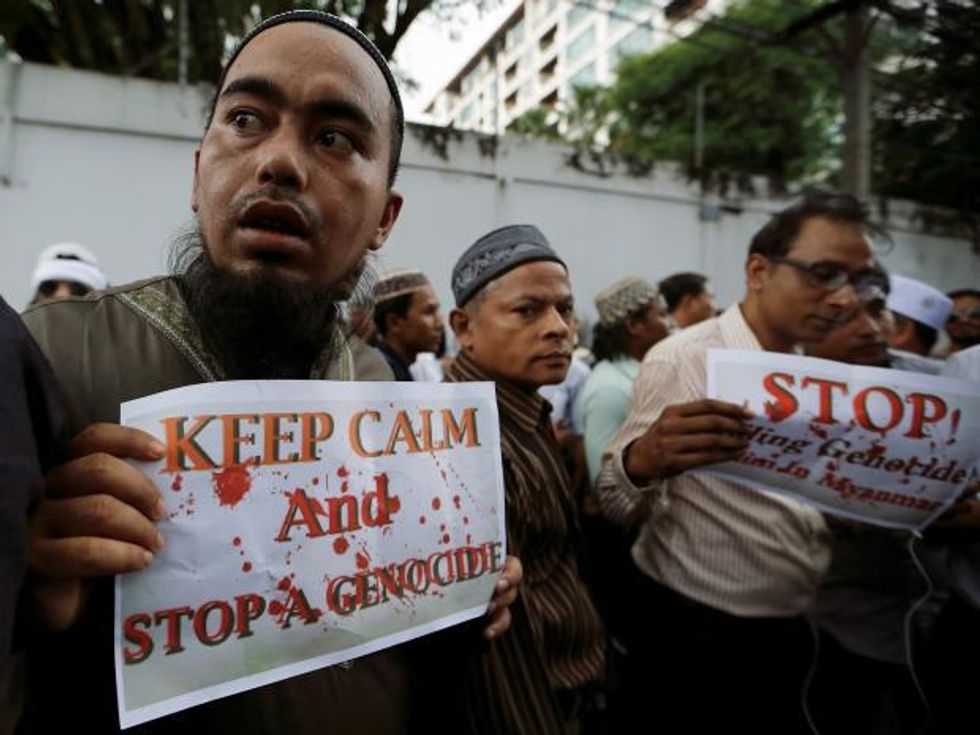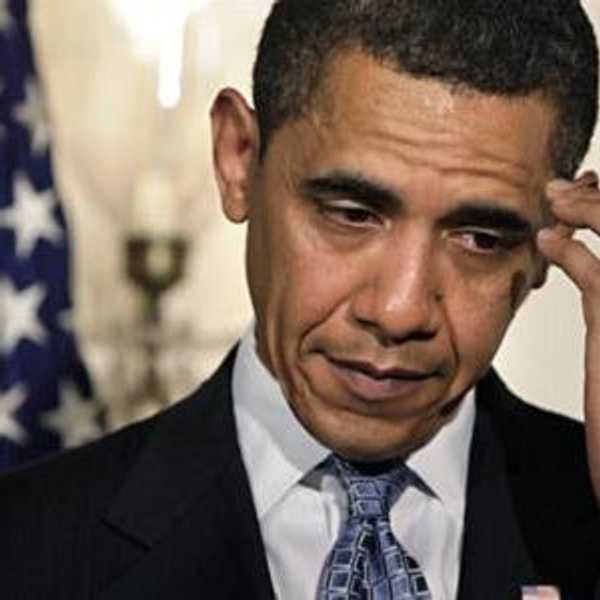If you've read the news in the past two weeks, you may have heard of the Rohingya Genocide happening in Myanmar. Myanmar is a small country located in Southeast Asia wedged between China, India and Thailand.
There are about 135 ethnic groups Myanmar recognizes, however, the government specifically singles out the Rohingya's. The Rohingya community is an ethnic group located in the Southwestern part of Myanmar. They practice Islam, which is where the root of the problem stems from, since the majority of Myanmar practices Buddhism.
With consistent denial of human rights violations against the Rohingya population, the Myanmar government refuses to acknowledge the genocide that has been widely reported by journalists all over the world. I was surprised to read about this crisis, and even more concerned on how I had never heard about this ongoing ethnic cleansing since the 1960s. So, what is happening with them?
After the Rakhine State riots in 2012, thousands of Rohingya’s were killed and 125,000 more were displaced, and the violence has only worsened.
The government feigns innocence by claiming that Rohingya’s still live in Rakhine, and Islamic buildings have not been destroyed, therefore there is no ethnic cleansing. Claiming “insufficient evidence”, the government has tiptoed around this topic.
Reports of massacres, villages burned to the ground and almost a million people displaced, the early onslaught of the genocide is evident.
Nobel Peace winner Aung San Suu Kyi is the leader of the civilian government, but she has refused to speak out against the Rohingya genocide. Suu Kyi distances herself and avoids this topic at all costs. She continuously pushes back against criticism of her handling of this situation, and has now claimed that what is being reported is ‘misinformation’.
The latest violence in Myanmar began on August 25 when Rohingya insurgents attacked police posts, killing 12 security force members. Rakhine security forces have responded by “cleansing operations”, or as it is most popularly known as ethnic cleansing.
Countries have imposed sanctions on Myanmar. There have been calls to revoke Suu Kyi's Nobel Prize, and villages in Myanmar have been very welcoming, providing shelter, safety, and food for displaced Rohingya communities. Vivian Tan, a spokesperson from the UN High Commissioner for Refugees, stated
"One village took in around 10,000 people in a few days, and they continue to accept them, feed them and provide for them. Even in Cox's Bazar town, which is quite far from the refugee camps, people have rallied together, collecting food, money and bringing it to the new arrivals. The public response has been very encouraging in spite of Bangladesh hosting Rohingya for decades.
So How Did We Get Here?
The idea of Rohingya’s being the “Other” really began in 1962 when a military coup came to power. In order to establish a mandate to rule, they used religion as an indication on whether or not people were the “proper citizen”
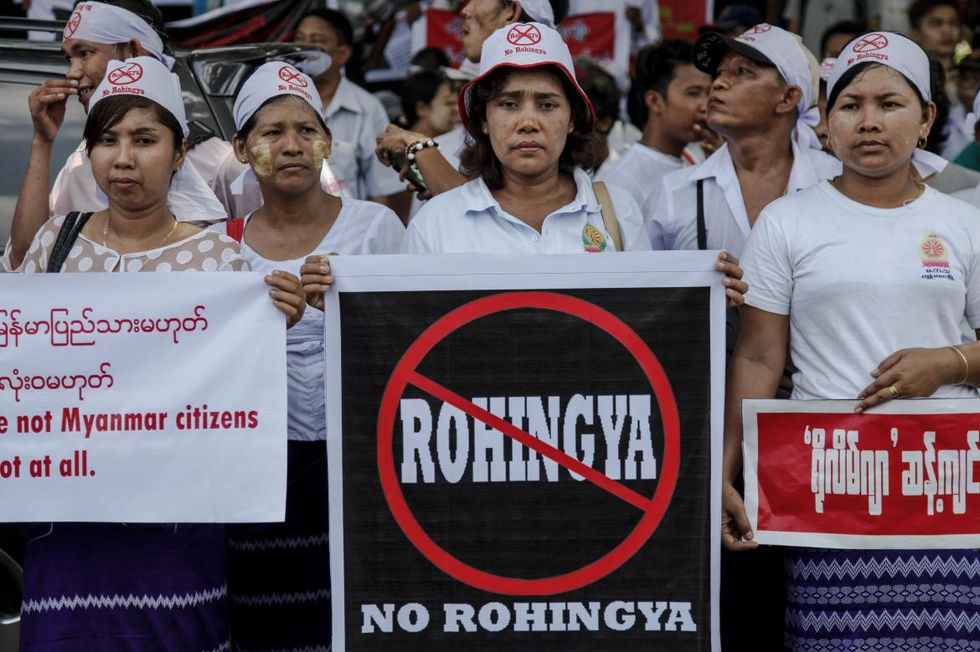
By 1974, they had their identity stripped, and were then considered “foreigners” in their own country, and violence against Rohingya’s was not illegal. Because of this, many fled to neighboring countries like Bangladesh to seek refuge.
By 1982, the Citizenship law was passed that forbade Rohingya’s to gain citizenship, and they were denied the right to live in Myanmar unless they could prove with concrete evidence their ancestors lived there before independence was declared.
The government exploited Buddhism as a symbol for nationalism while simultaneously alienating the Muslim population.
So, how can you help?
1) send aid: Humanitarian aid is urgently needed there. Medical supplies, food, monetary donations and clothing are essential. Most fled because their homes were burnt down, and they don't have anything left.
The U.N. High Commissioner for Refugeesl: https://donate.unhcr.org/gu-en/rohingya
ASEAN: http://asean.org/
Organization of Islamic Cooperation: http://www.oic-oci.org/home/?lan=en
2) Call your representatives: I know this sounds redundant, but it's so important to impose harsher international sanctions on Myanmar. Congress' has the power to make that happen.


